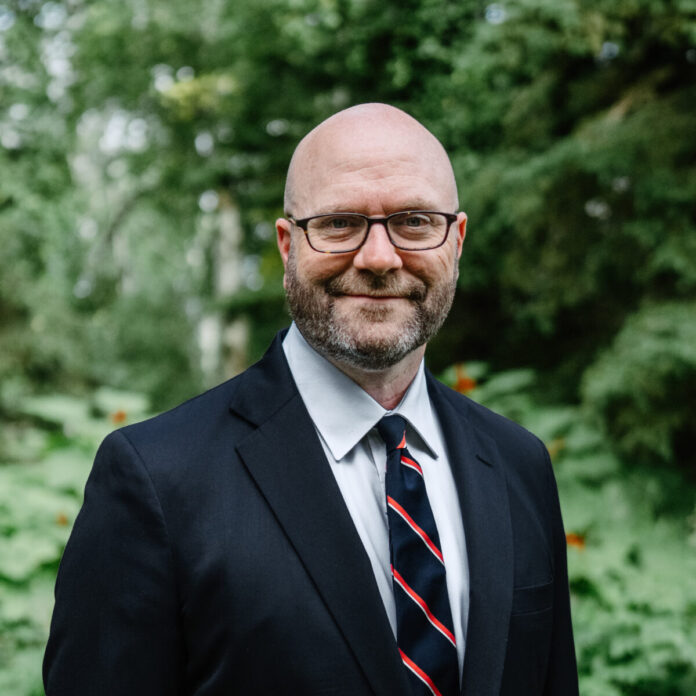By ALASKA ATTORNEY GENERAL, STEPHEN J. COX
The tragic assassination of Charlie Kirk has shaken our nation. His life was defined by courage in defense of the First Amendment, and his death is a sobering reminder that free speech is never secure unless we are willing to stand up for it. Charlie understood that the answer to speech we don’t like is not censorship or violence, but more speech—and he lived that principle with conviction. Like Governor Dunleavy made clear earlier this week, Charlie’s courage calls us to a higher standard.
In that spirit, and with the Governor’s backing, I recently joined other attorneys general in writing colleges and universities to remind them of what the law already requires: they cannot impose discriminatory security fees, cancel events, or single out speakers for unfavorable treatment simply because their views are controversial. To do so is nothing more than a heckler’s veto—or worse, an assassin’s veto.
That letter was directed to higher education, but my message is broader. We must speak directly to all schools about the importance of protecting First Amendment rights regardless of the views espoused and preserving the marketplace of ideas. When institutions promise open debate but then use security or administrative discretion to exclude certain views, they betray that promise and diminish the value of education itself. If schools yield to fear and suppress speech, they will train the next generation to do the same.
This message is especially urgent for our public colleges, universities, and schools. As government actors, they are duty bound to honor the Constitution, not to bend it whenever pressure mounts. The Alaska Constitution makes that duty explicit, and under both statute and our common-law tradition, it is my responsibility as Attorney General to enforce it.
As Attorney General, I am duty bound by Alaska law and the Alaska Constitution to enforce compliance with constitutional mandates. That includes ensuring our public colleges, universities, and schools do not misuse security or facility policies to silence disfavored voices. The First Amendment is not a suggestion. It is binding law, and it applies to every public institution in this state. Public administrators do not get to cancel speakers or impose unequal burdens because they are worried about criticism or disagree with their viewpoints. They cannot yield to hecklers by silencing the speaker instead of protecting the right to speak.
This is as true for high schools as it is for universities. The lesson our students must learn is that disagreement is not danger. The healthy answer to ideas we oppose is engagement and argument, not suppression—and certainly never violence.
My wife and I first met Charlie nearly ten years ago in October of 2015. He had started Turning Point USA a few years prior, and he had already grown it to 1,000 schools and colleges nationwide. Charlie was young, brimming with energy, and a force of nature. Over the years, we ran into each other several times and shared dozens of close mutual friends. The last time I reached out to him was to see if he might come to Alaska—to speak with young people and maybe spend a couple days fly fishing. That was Charlie: an Eagle Scout who loved the outdoors and found renewal in it, but who loved even more the chance to challenge students to think.
Charlie never chose the safe route. He believed deeply that free speech meant little if it only protected uncontroversial voices. He walked into auditoriums where hostility was certain, and he did it not out of anger but out of conviction. He was living proof that the First Amendment is most vital when it feels most at risk.
Charlie Kirk’s life should remind us that free speech is not an abstraction. It is lived, defended, and sometimes paid for at the highest price. To honor him, we must not retreat into quiet or fear. In Alaska, we will stand firm. The marketplace of ideas must remain open in our universities, our high schools, and every place where young people learn to be citizens. That is my duty under the Constitution, and it is the least we can do to honor Charlie’s legacy.
Stephen J. Cox, 28th Attorney General of Alaska.
